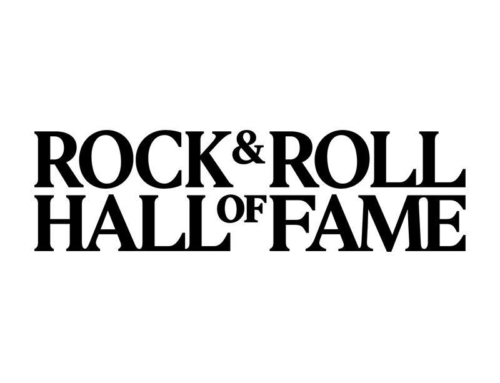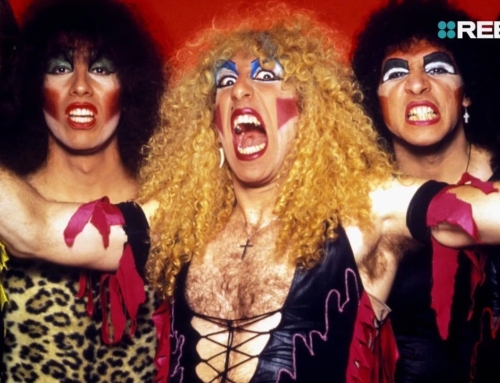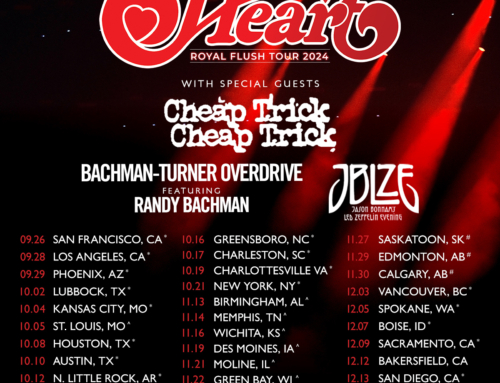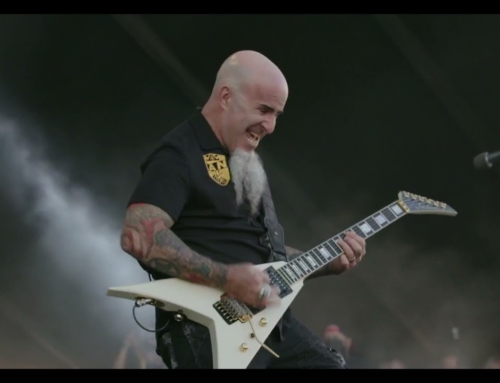SOUNDGARDEN‘s breakthrough 1994 album “Superunknown” was certified six times platinum by the RIAA (Recording Industry Association of America) on April 21 for sales in excess of six million copies. The LP was previously certified five times platinum in March 1996.
The RIAA developed its gold and platinum awards program in 1958 to honor artists and create a standard by which to measure the commercial success of a sound recording. The program trademarked the gold record and formalized the industry practice of presenting awards to artists for music sales achievements.
Presently, the RIAA awards a gold honor for 500,000 units sold, a platinum honor for 1 million units sold and a diamond award for more than 10 million units sold.
In the streaming age, each permanent digital album or physical album sale count as 1 unit for certification purposes, 10 permanent track downloads from the album count as 1 unit for certification purposes, and 1,500 on-demand audio and/or video streams from the album count as 1 unit. For songs, 150 on-demand audio and/or video streams count as 1 unit for certification purposes.
When it came time for SOUNDGARDEN to enter the studio for “Superunknown”, the song stash was empty, a daunting creative challenge to main songwriter Chris Cornell. All of the ripe musical fruit had been harvested for the series of singles and EPs on Sub Pop and the SST album “Badmotorfinger”, but Chris found the untilled earth liberating, fertile musical ground. The result was the uncanny way in which songs such as “Spoonman”, “Fell on Black Days”, “Black Hole Sun”, “My Wave”, “The Day I Tried to Live”, “Like Suicide” and “Superunknown” somehow bridged the evolution of rock over the 25-year period 1969 to 1994. The band’s effort would be rewarded with a No. 1 album, two Grammy Awards and millions of fans.
In an interview with “Loudwire Nights”, Cornell stated about “Superunknown”: “I think the main thing is, it’s sort of unquestionably SOUNDGARDEN in every way. I don’t think there are songs on it that could have or would have been written by anyone else, arranged that way, performed that way, whether it’s the music, lyrics, the sounds. I think we had already come into our own and had our own sound, but ‘Superunknown’ cemented it as living in its own world. It created an autonomy for us that we could make albums that were strictly SOUNDGARDEN albums that no one else was going to sound like and no one else could write. We kind of lived in our own world. I think that was important for us. I think we started out as a band that way, and I think during the early ’90s, we then sort of lost the autonomy being lumped into other Seattle bands. That wasn’t bad; that was a good thing. It was great that it was us and our friends kind of conquering the world. But it took away some of that autonomy for all of us. And ‘Superunknown’ for us, in one fell swoop, immediately got that back. There are songs on it that just, if you look at the history of rock, they’re just nothing like anything else. And that was the beginning of it. I think that was the seed that led to ‘Down On The Upside’ and ‘King Animal’ in terms of our process and in terms of us owning who we are. So it was a good period for us. I couldn’t say that we knew that we were doing that when we were making it. We were making that album just like any album. One song at a time. Just writing songs, but it became that.”
The 20th-anniversary reissue of “Superunknown” was made available in 2014.






